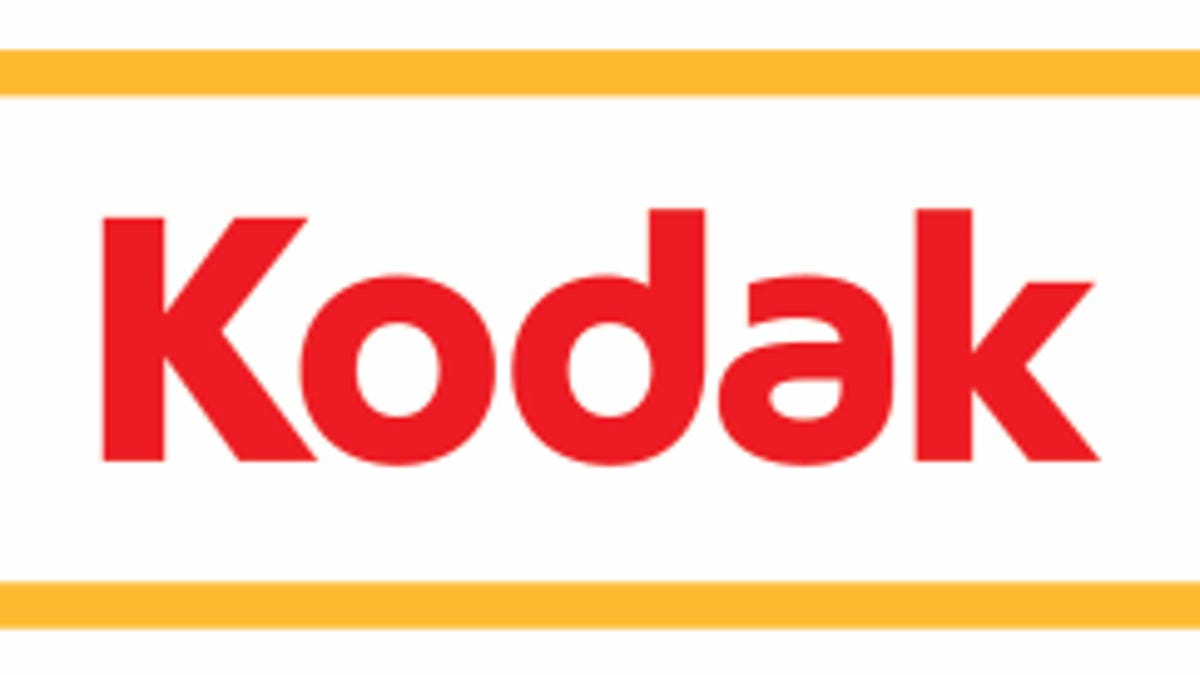ITC extends Kodak case against Apple, RIM again
The U.S. International Trade Commission is delaying a decision on Kodak's patent claims against Apple and Research In Motion until later this year.

The International Trade Commission has once again extended its target date for making a decision on Eastman Kodak's complaint against Apple and Research In Motion, which claims the companies are infringing on a patent it owns.
In a notice about the investigation (PDF), the ITC said that it's determined to "affirm in part, reverse in part, and remand in part the final initial termination" from its administrative law judge (ALJ). It also said it's found no violation of a provision of the Tariff Act of 1930 regarding unfair competition. However, based on changes made to the claims, it's extending the commission's determination until August 30, which will be based on another ALJ review.
In its original complaint with the ITC, Kodak sought to keep mobile devices with built-in cameras out of the U.S. The imaging company stated that the camera technology used in Apple's iPhone and RIM's BlackBerry to preview images infringes on a digital-imaging patent owned by Kodak.
In January, an ITC administrative law judge had said that Kodak's technology was not being used illegally in Apple's iPhone or RIM's BlackBerry devices, which prompted the ruling to be put to a review by a six-member commission.
The ITC's notice today said that the accused products from Apple and RIM do, in fact, infringe on a Kodak patent claim about the screen display. However, infringing on one aspect of a patent claim does not mean that the entire claim is infringed. In part, the notice says:
The Commission has also modified the ALJ's construction of "at least three different colors" in the limitation "a second number of color pixel values provided in a second color pattern having at least three different colors." We find that the accused products infringe this limitation.
The ITC said that it plans to "modify the construction" of a Kodak patent claim that covers "initiating capture of a still image while previewing a motion image." The body says Apple's iPhone 3G and phones from RIM are privy to this behavior, while the iPhone 3GS and iPhone 4 "do not literally infringe" on Kodak's patent claim when in the "non-flash-photography modes of operation."
The delay on a decision, and return of the investigation to the ALJ, puts Kodak's chances of getting the two other companies to agree to a licensing deal into question. Nonetheless, Kodak issued a press release saying that it's "extremely confident" that it will come out on top.
"We are gratified that the Commission has decided to modify in our favor the judge's initial recommendation," said Laura G. Quatela, Kodak's general counsel, chief intellectual property officer and senior VP, in a statement. "As we have said from the start, we remain extremely confident this case will ultimately conclude in Kodak's favor."
A final decision was originally slated to take place late last week, but at the last minute, the ITC said that it would be extending that deadline to today, without giving reason.
The outcome of a remedial decision from the ITC brings a few possibilities: exclusion orders that could stop importation of products Kodak claimed were infringing, and cease-and-desist orders that would keep both companies from commercializing products already on the U.S. market. The easier option, and what is often reached ahead of decisions, is a settlement, which could include a licensing deal.
Kodak's Chief Executive Officer Antonio Perez had told Bloomberg in March that a successful outcome in the claim could earn the company more than $1 billion in patent royalties from Apple and RIM. Furthermore, it was his belief that the company "deserves to win."
Tomorrow the ITC is scheduled to make its initial determination on whether Apple is infringing on a graphics-related patent held by S3 Graphics. The company filed its complaint with the ITC against Apple in May 2010, seeking to bar imports on infringing hardware and software in the U.S.
Updated at 6:00 p.m. with comment from Kodak.

